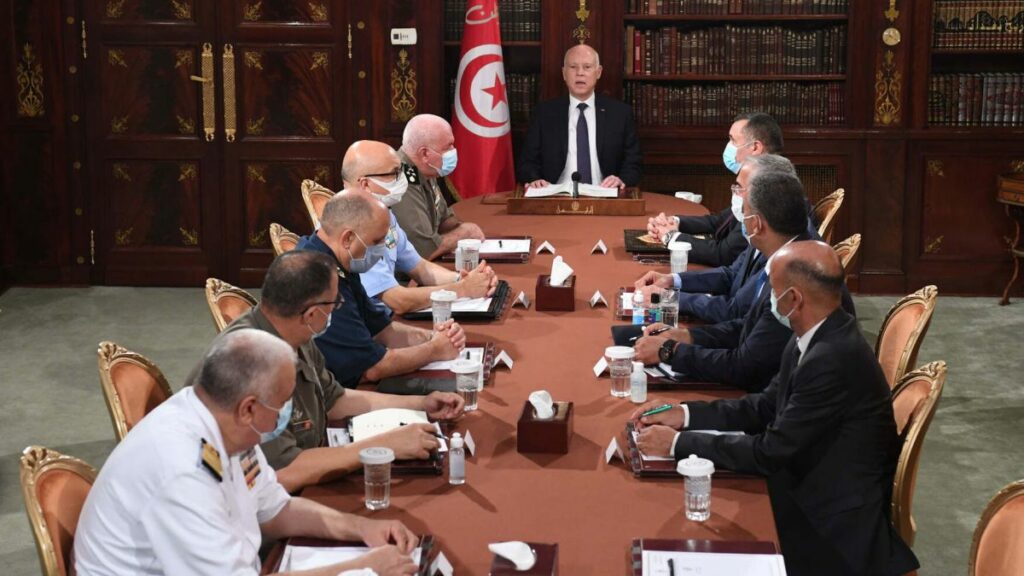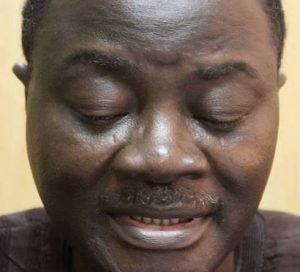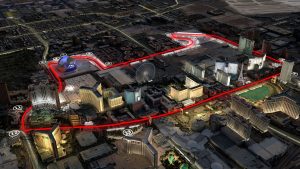Tunisia political turmoil deepens as President sacks prime minister, freezes parliament

President Kais Saied said he would assume executive authority with the assistance of a new prime minister, in the biggest challenge yet to the democratic system Tunisia introduced in a 2011 revolution.Crowds of people quickly flooded the capital and other cities, cheering and honking car horns in scenes that recalled the revolution, which triggered the Arab Spring protests that convulsed the Middle East.However, the extent of support for Saied’s moves against a fragile government and divided Parliament was not clear and he warned against any violent response.”I warn any who think of resorting to weapons… and whoever shoots a bullet, the armed forces will respond with bullets,” he said in a statement carried on television.Hours after the statement, military vehicles surrounded the Parliament building as people nearby cheered and sang the national anthem, two witnesses said.Years of paralysis, corruption, declining state services and growing unemployment had already soured many Tunisians on their political system before the The President has been enmeshed in political disputes with Mechichi for over a year, as the country grapples with an economic crisis, a looming fiscal crunch and a flailing response to the pandemic.Under the constitution, the President has direct responsibility only for foreign affairs and the military, but after a government debacle with walk-in vaccination centers last week, he told the army to take charge of the pandemic response.Tunisia’s soaring infection and death rates have added to public anger at the government as the country’s political parties bickered.Meanwhile, Mechichi was attempting to negotiate a new loan with the International Monetary Fund (IMF) that was seen as crucial to averting a looming fiscal crisis as Tunisia struggles to finance its budget deficit and coming debt repayments.Disputes over the economic reforms, seen as needed to secure the loan but which could hurt ordinary Tunisians by ending subsidies or cutting public sector jobs, had already brought the government close to collapse.







